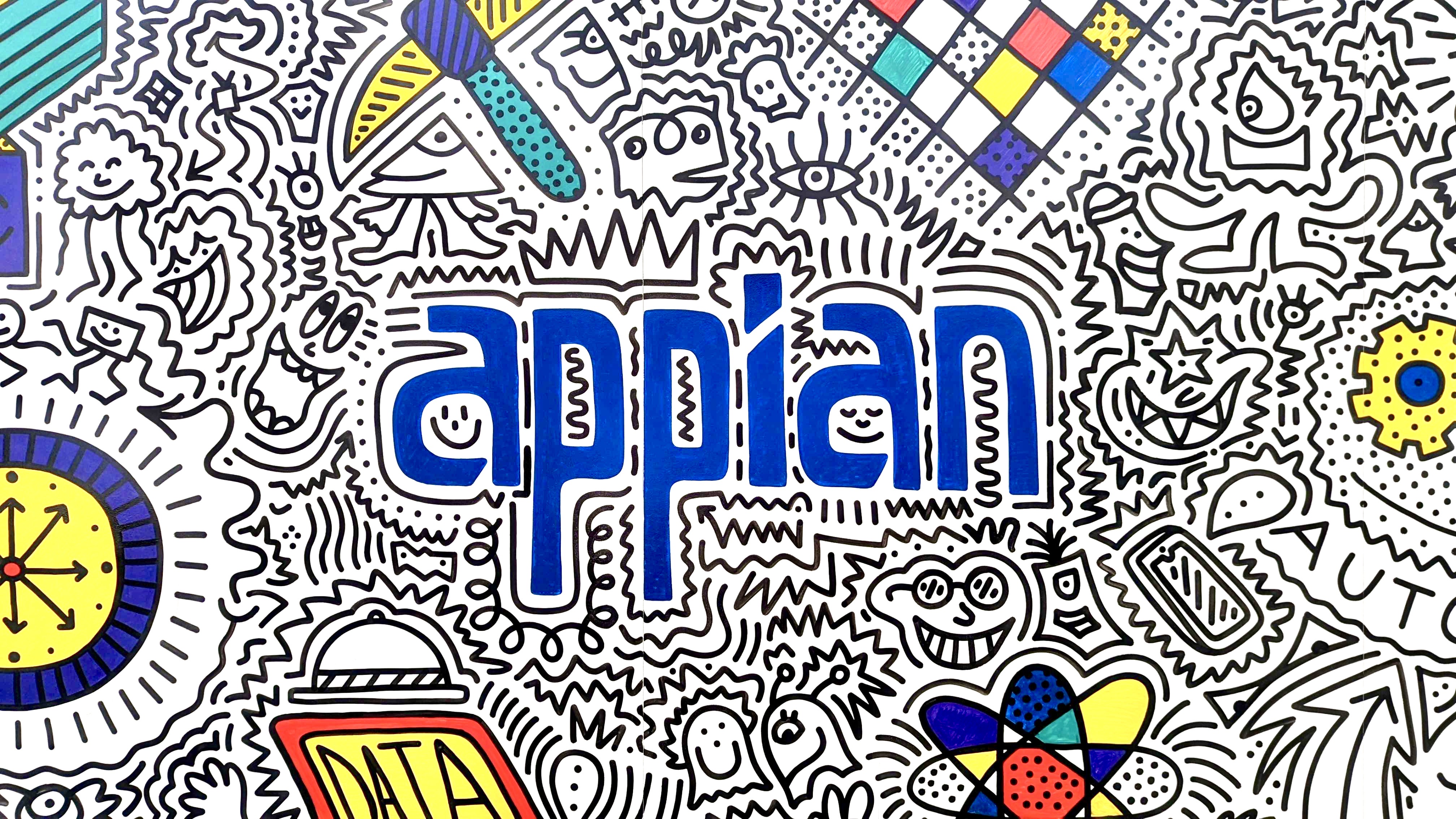Record computing degree applications driven by AI interest, says BCS
The institute suggested students are attracted to computer sciences by innovative areas, which also include machine learning and the fight against climate change


The British Computer Society has revealed that interest in computing degrees is growing at a greater rate than any other university course, and has credited this rise to the popularity of AI and data science.
92,980 18-year-olds applied to start computing degrees this year in the UK, a 9.6% rise and demonstration of the sector’s continued appeal.
BCS identified leading-edge technologies such as artificial intelligence and data analytics as an especially attractive element that the sector can offer to prospective students.
“Young people are seeing and using real-world generative AI tools, like Dall-E for pictures, so it’s no surprise that career aspirations and education and skills choices lead them this way,” a spokesperson from BCS told IT Pro.
Although the 9.6% rise is more than the Universities and Colleges Admissions Service (UCAS) measured in other courses, it is a smaller increase for the subject than in previous years. In February 2022, BCS reported a 13% rise in applications.
This is likely a reflection of the smaller overall number of applicants this year. 597,000 students applied by UCAS’ January deadline as compared to 611,000 in 2022.
Amidst the broadening of disciplines within computing, there has also been a narrowing of the gender gap. The number of women applying for computing degrees rose 18% in 2022, a larger shift in gender makeup than seen in other degrees.
Get the ITPro daily newsletter
Sign up today and you will receive a free copy of our Future Focus 2025 report - the leading guidance on AI, cybersecurity and other IT challenges as per 700+ senior executives
Despite this positive shift for gender diversity at a degree level, men applying for these courses still outnumber women 3.8 to 1, a slight reduction from the 4.2 to 1 ratio recorded in 2022.
“Young people – and an increasing proportion of young women – see that a computing degree is a passport to change the world,” said Julia Adamson, MD for education and public benefit at BCS.
“AI and machine learning are transforming how kids complete homework and how job applicants write the covering letters. It’s no wonder so many people see their futures in technology. The more diverse range of people we have working in computing the fairer and more inclusive the results will be for all of us.”
BCS also identified the use of data science and tech like AI and machine learning in the fight against climate change as another draw for young applicants.
RELATED RESOURCE

This aligns with new insights into the need for Gen-Z staff to be given clear purpose in their roles through schemes such as those focused on sustainability.
The UK government recorded a near 50% rise in the number of students accepted to computer science courses between 2011 and 2020, and noted that STEM graduates are more likely to snag a higher starting wage in their first post-university job.
High wages could also drive students toward the computer sciences, and BCS listed the “range of career options” available to computing graduates as a deciding factor.
Salaries in roles such as software engineering top $1m in Silicon Valley, and the highest-paying tech jobs often go to those with an academic background in the sector.
In 2022, computer science became the UK’s fastest-growing degree subject, and in the three years up to the data being published the number of students taking computing at A-level had risen 41%.
More UK computing graduates are needed to fill skills gaps across the sector, with a recent Gartner report revealing that one in four UK businesses is hiring overseas to tackle the talent shortage.
The UK continues to lag behind most of Europe when it comes to tech skills, and some in the sector have called for more investment in domestic tech literacy to bring the dearth to an end.
With coding bootcamps touted as an alternative to degrees, not all those learning programming in the sector do so at university.
Stack Overflow’s 2022 Developer Survey noted that while 62% of respondents were more likely to have learned to code from traditional education, 71% cited online sources such as video tutorials, blogs, and forums as better resources for learning.
Also shown in the report was the large number of young people learning to code, with 56% of respondents learning to do so being aged 18-24 and 18% being under 18.

Rory Bathgate is Features and Multimedia Editor at ITPro, overseeing all in-depth content and case studies. He can also be found co-hosting the ITPro Podcast with Jane McCallion, swapping a keyboard for a microphone to discuss the latest learnings with thought leaders from across the tech sector.
In his free time, Rory enjoys photography, video editing, and good science fiction. After graduating from the University of Kent with a BA in English and American Literature, Rory undertook an MA in Eighteenth-Century Studies at King’s College London. He joined ITPro in 2022 as a graduate, following four years in student journalism. You can contact Rory at rory.bathgate@futurenet.com or on LinkedIn.
-
 Bigger salaries, more burnout: Is the CISO role in crisis?
Bigger salaries, more burnout: Is the CISO role in crisis?In-depth CISOs are more stressed than ever before – but why is this and what can be done?
By Kate O'Flaherty Published
-
 Cheap cyber crime kits can be bought on the dark web for less than $25
Cheap cyber crime kits can be bought on the dark web for less than $25News Research from NordVPN shows phishing kits are now widely available on the dark web and via messaging apps like Telegram, and are often selling for less than $25.
By Emma Woollacott Published
-
 AI projects are faltering as CDOs grapple with poor data quality
AI projects are faltering as CDOs grapple with poor data qualityNews Chief data officers say they can't maintain consistent data quality, and that it's affecting AI outcomes
By Emma Woollacott Published
-
 Appian wants to be the AI company for AI skeptics
Appian wants to be the AI company for AI skepticsAnalysis The firm outlines its AI strategy at Appian World 2023 while using ChatGPT and Midjourney to create scripts and imagery for keynote presentations
By Rory Bathgate Published
-
 Taking back control of the data silos holding your business back
Taking back control of the data silos holding your business backTutorials Data silos can contain conflicting information, leading to misguided strategies and poor decision making
By Sandra Vogel Published
-
 GitHub launches paid remote internships with expansion plans underway
GitHub launches paid remote internships with expansion plans underwayNews The launch follows a successful trial and will initially be available for students in ten countries
By Zach Marzouk Published
-
 How the role of the chief data officer (CDO) will evolve in 2023
How the role of the chief data officer (CDO) will evolve in 2023In-depth The best CDOs will not only focus on creating more value from data but transmit data skills across the whole enterprise
By Mark Samuels Published
-
 Women pursuing computing degrees surges, the biggest growth rate of any subject area
Women pursuing computing degrees surges, the biggest growth rate of any subject areaNews However, the amount of women beginning computing degrees this year is still low compared to men, a figure of 6,450 compared to 27,735
By Zach Marzouk Published
-
 Data science vs data analytics: Which field is right for you?
Data science vs data analytics: Which field is right for you?In-depth A career as a data analyst or a data scientist can be as rewarding as it is lucrative, but it pays to understand the subtle differences between the two
By Drew Turney Last updated
-
 Are coding bootcamps worth the investment?
Are coding bootcamps worth the investment?In-depth Fast-track software development programmes often promise a quick way into a high-paying and lucrative career, but you’d be right to approach with caution
By Connor Jones Published